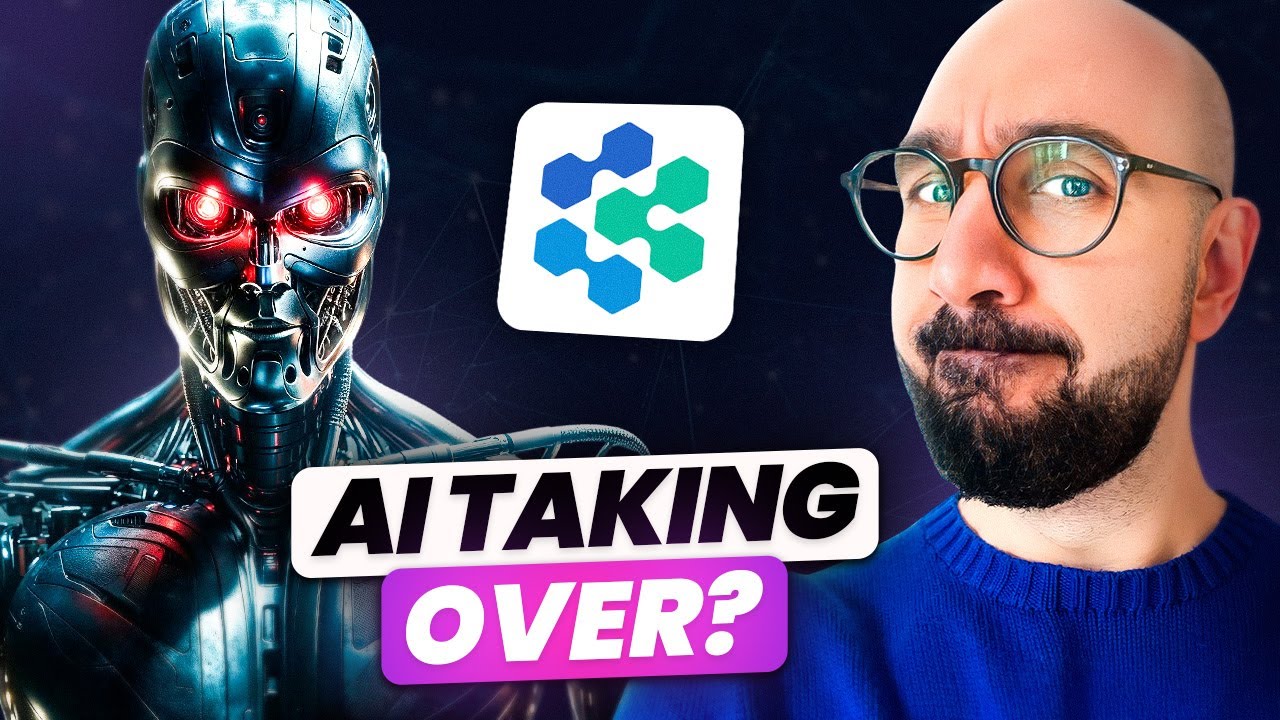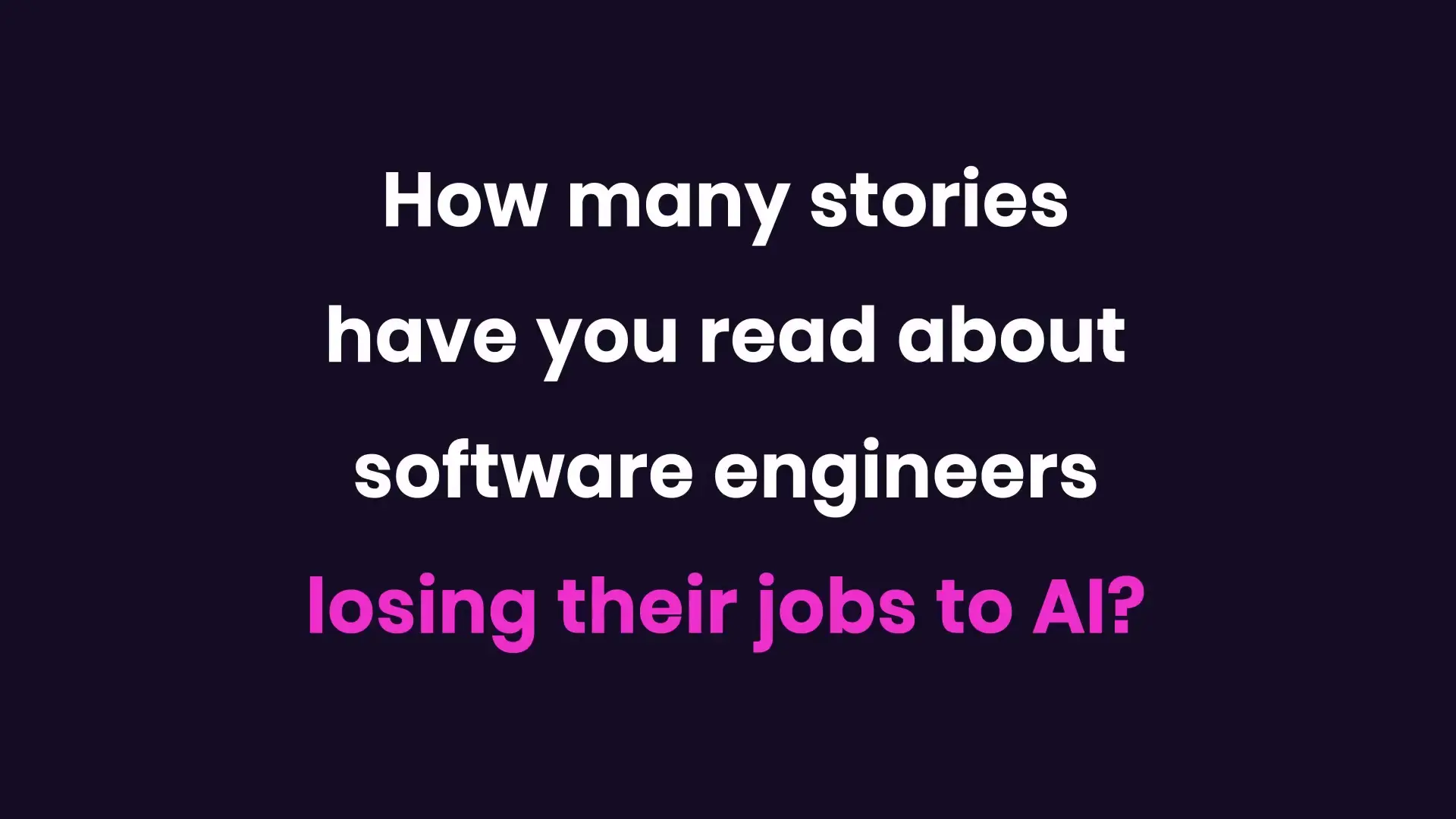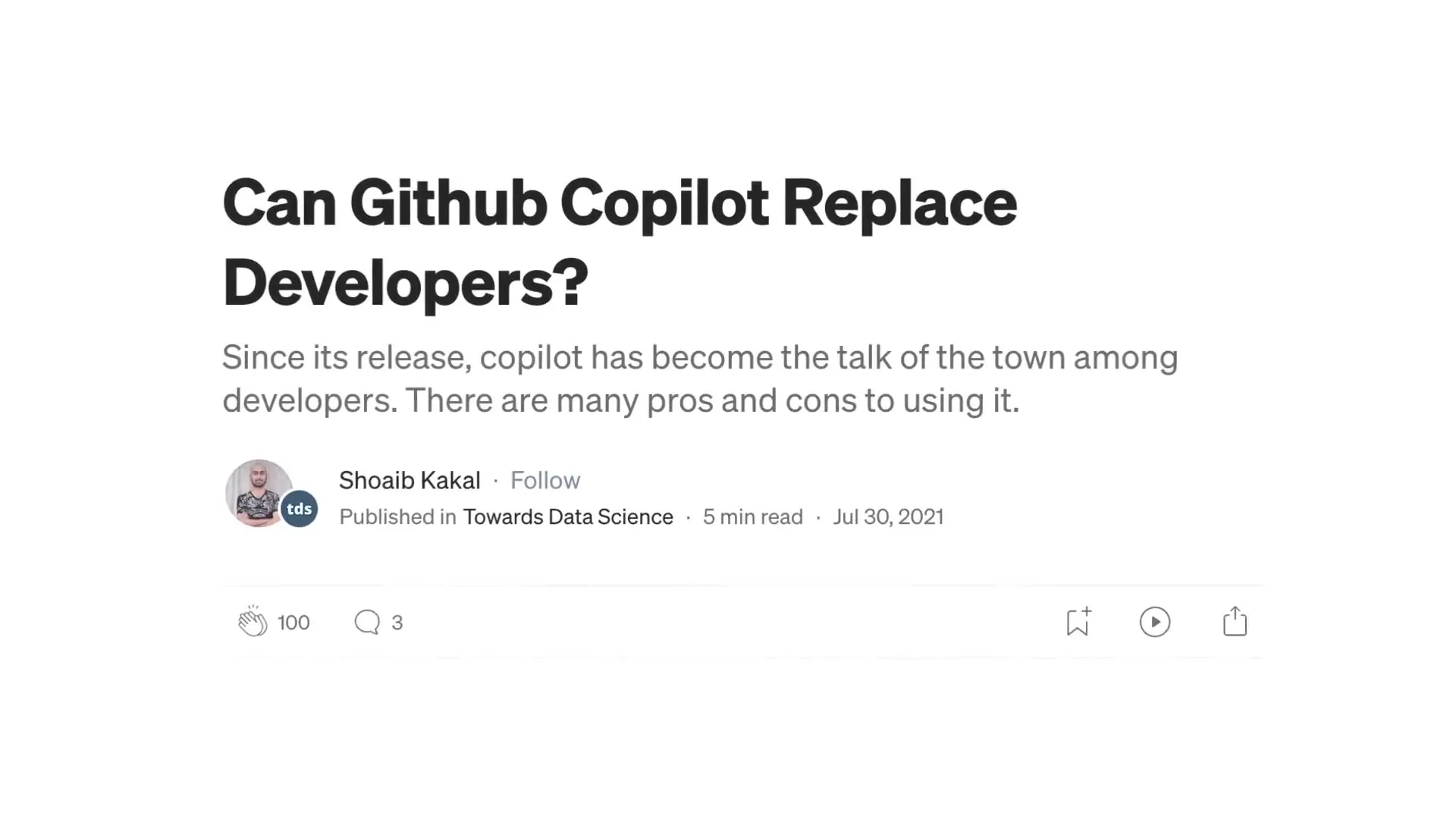
The tech world is buzzing with news about Devin, touted as the world's first AI software engineer. Headlines claim it can code entire projects, take freelancing jobs on Upwork, fix GitHub issues, and even deploy code independently. This has sparked concern among computer science students and recent graduates who worry their career paths might disappear before they've even begun. But as someone with extensive industry experience, I can confidently say that software engineering jobs aren't going anywhere anytime soon.
Looking Beyond the Impressive Demos
Companies developing AI tools like Devin are in the business of selling products. Naturally, they showcase the most impressive capabilities in their demos to attract investors and users. While Devin may have completed some Upwork jobs, we don't yet know the complexity or scope of these projects. The carefully curated demonstrations don't necessarily reflect real-world performance across diverse programming challenges.
Additionally, consider this critical question: would any serious company allow an AI to autonomously modify and deploy changes to sensitive codebases without human oversight? The answer is a resounding no. The potential risks are simply too great. Human software engineers will always need to review AI-generated code, as these tools, while impressive, are far from perfect.

The Reality of AI Limitations
AI systems, including advanced ones like Devin, still suffer from what experts call "hallucinations" - confidently generating content that appears correct but contains fundamental flaws. In coding, this might mean producing impressive-looking code that doesn't actually solve the intended problem or introduces subtle bugs that are difficult to detect.
Consider that ChatGPT has been generating code for over a year and a half now. If AI were truly capable of replacing software engineers, wouldn't we have seen mass layoffs in the industry by now? The absence of such stories speaks volumes about the continued necessity of human developers.
Software Engineering Goes Far Beyond Coding
Building great software involves much more than writing code. It's similar to filmmaking - while actors are the visible part, there's directing, writing, editing, and countless other roles working behind the scenes to create the final product. AI might be improving at the "acting" part (code generation), but that's just one aspect of the entire process.
- Client consultation and requirement gathering - understanding what users truly need
- System architecture planning - designing the overall structure of complex systems
- Legacy system integration - working with older codebases that require specialized knowledge
- User experience design - creating intuitive interfaces that solve real problems
- Cross-team collaboration - communicating with designers, stakeholders, and other engineers
AI has barely scratched the surface of these critical aspects of software development. The human elements of problem-solving, creativity, and interpersonal communication remain firmly in the domain of human engineers.

The Evolution of Development Tools
The history of programming tools shows a clear pattern: as technology advances, developers spend less time on repetitive tasks and more time on creative problem-solving. From basic text editors on early computers to modern IDEs with auto-completion, code snippets, and now AI assistants, each advancement has made developers more productive rather than replacing them.
This evolution represents a shift in how developers work, not their elimination. New tools free engineers from mundane coding tasks, allowing them to focus on the aspects of software development where human creativity and strategic thinking excel.

We've Been Here Before
It's worth remembering that similar concerns arose when GitHub Copilot was first introduced three years ago. Many predicted it would replace developers, but the reality has been quite different. Copilot and similar tools have become productivity enhancers that help developers work more efficiently rather than replacing them entirely.
This pattern is likely to continue with more advanced AI tools like Devin. They will change how developers work, but they won't eliminate the need for human expertise, creativity, and oversight in the software development process.
Embracing AI as a Partner, Not a Replacement
Rather than fearing AI tools like Devin, software engineers should view them as powerful collaborators that can handle routine coding tasks while freeing humans to focus on higher-level problems. The most successful developers will be those who learn to effectively leverage AI assistants as part of their toolkit.
- Learn to write effective prompts that guide AI tools to generate useful code
- Develop strong code review skills to evaluate AI-generated solutions
- Focus on building expertise in system architecture and design thinking
- Cultivate communication and collaboration skills that AI cannot replicate
- Stay current with emerging technologies and frameworks
Conclusion: Don't Panic, Adapt
The emergence of AI software engineers like Devin represents an evolution in our field, not its end. The clickbait headlines predicting the demise of programming jobs fail to recognize the multifaceted nature of software development and the continued importance of human creativity, judgment, and collaboration.
If AI eventually becomes so advanced that it can truly replace experienced software engineers, that transformation would extend far beyond just the coding profession - it would fundamentally reshape society as a whole. Until then, the wisest approach is to continue developing your skills, embrace AI tools as productivity enhancers, and focus on the aspects of software development where human expertise remains irreplaceable.
// The future of development might look like this:
// Developer provides high-level intent
const intent = "Create a function that validates email addresses";
// AI generates initial implementation
const aiGeneratedCode = AI.generateCode(intent);
// Human developer reviews, modifies, and approves
const finalCode = humanDeveloper.review(aiGeneratedCode);
// Both human and AI collaborate on the solution
deploy(finalCode);The future belongs not to AI alone, nor to developers working without AI assistance, but to the powerful partnership between human creativity and artificial intelligence tools working together to build better software.
Let's Watch!
5 Reasons Why Devin AI Won't Replace Software Engineers Yet
Ready to enhance your neural network?
Access our quantum knowledge cores and upgrade your programming abilities.
Initialize Training Sequence